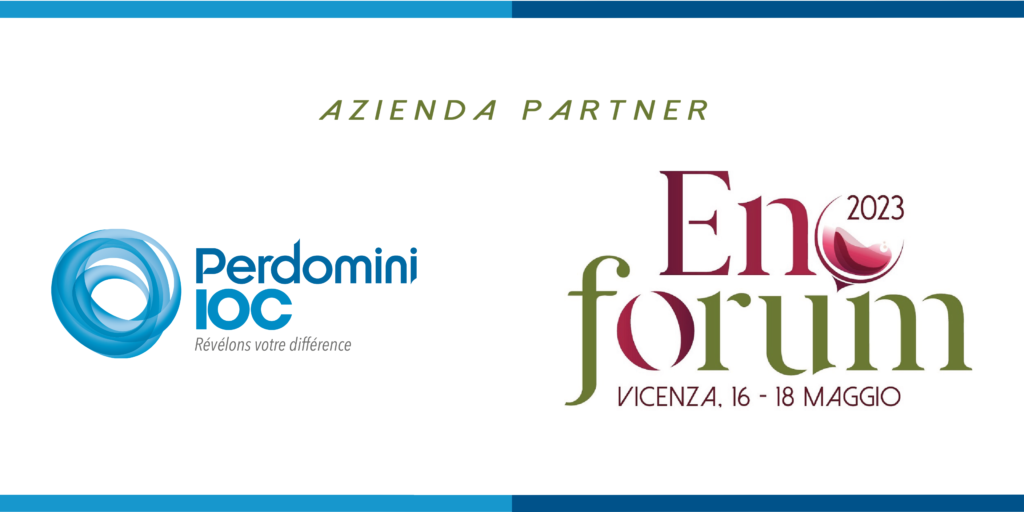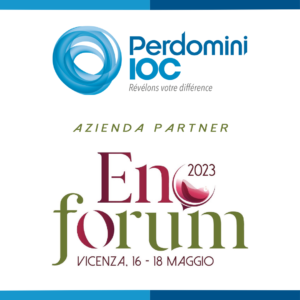Climate change and global warming are realities we have to face and which force us to find suitable solutions to deal with the consequences arising from them in various areas of life. In the world of winemaking, excessively hot summers lead to the production of grapes with a high sugar content, but low in acid, aroma and phenol compounds, not to mention the fact that these conditions also lead to an increase in diseases and problems with tartrate, calcium, protein and microbiological instability.
Perdomini-IOC has a number of proposals based on experimental programmes which can help remedy these problems.
The decrease in acidity and consequent rise in pH caused by the increase in temperatures can be managed using a natural solution which adds freshness to the bouquet and balance to the palate in red, white and rosé wines, as well as being an alternative to using chemicals to increase acidity. Our solution is IOC BoreALTM (Lachancea thermotolerans), a non-Saccharomyces yeast with the power to convert sugars (glucose in particular) into L-lactic acid during the early stages of alcoholic fermentation, thereby increasing the total acidity in the wines.
As far as the instability problems caused by increased temperatures are concerned, one of the most common is protein instability, which can be effectively counteracted by using protease enzymes. Zimopec ProteaseTM is a liquid enzyme-based preparation obtained from the Aspergillus niger fungus, designed to stabilise the proteins that cause clouding and hazing in white and rosé wines. This enyzme acts by splitting the proteins and breaking down their structure. After they have been broken down, proteins lose their ability to flocculate and the wine remains stable.
The problems with microbiological instability which wineries are more and more often faced with can also be dealt with successfully. A very helpful remedy is pre-fermentation bioprotection. The IOC Group has demonstrated the effectiveness of certain non-Saccharomyces yeast strains – a Metschnikowia fructicola and a Metschnikowia pulcherrima – contained respectively in the products IOC GaiaTM and IOC CalypsoTM. The former can combat undesired yeasts, while the latter uses the power of enzymes to release the aroma precursors found in must undergoing stabulation. These yeast strains also make it possible to reduce sensory faults and the risk of alcoholic fermentation starting off too soon, and occupy an ecological niche which allows winemakers to reduce the use of SO2. Moreover, during alcoholic fermentation, microbiological contamination can be prevented by co-inoculating selected bacteria to ensure controlled malolactic fermentation, thereby avoiding the unwanted onset of fermentation, which would have a negative impact on the quality of the finished wine.
This theme will be the focus of the talk “Main emerging defects on white wines linked to climate change”, which we will hold at Enoforum, Wednesday, May 17 at 14:00 at the International Congress Hall of Vicenza Convention Center.
We look forward to meeting you there!
Link to access the event: Accessi ad Enoforum Italia – Enoforum.eu

For more information or further explanations, contact our local technicians or the oenology team at the Perdomini-IOC Group.





